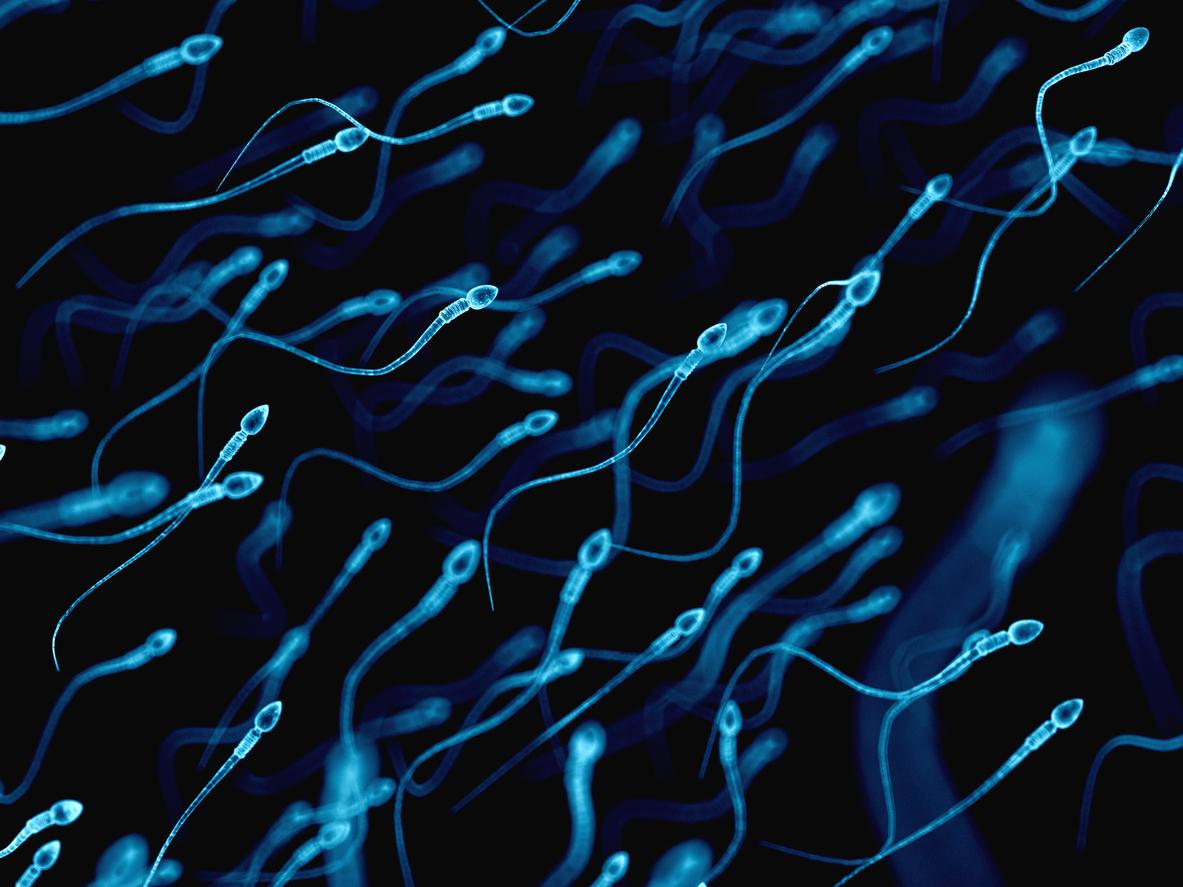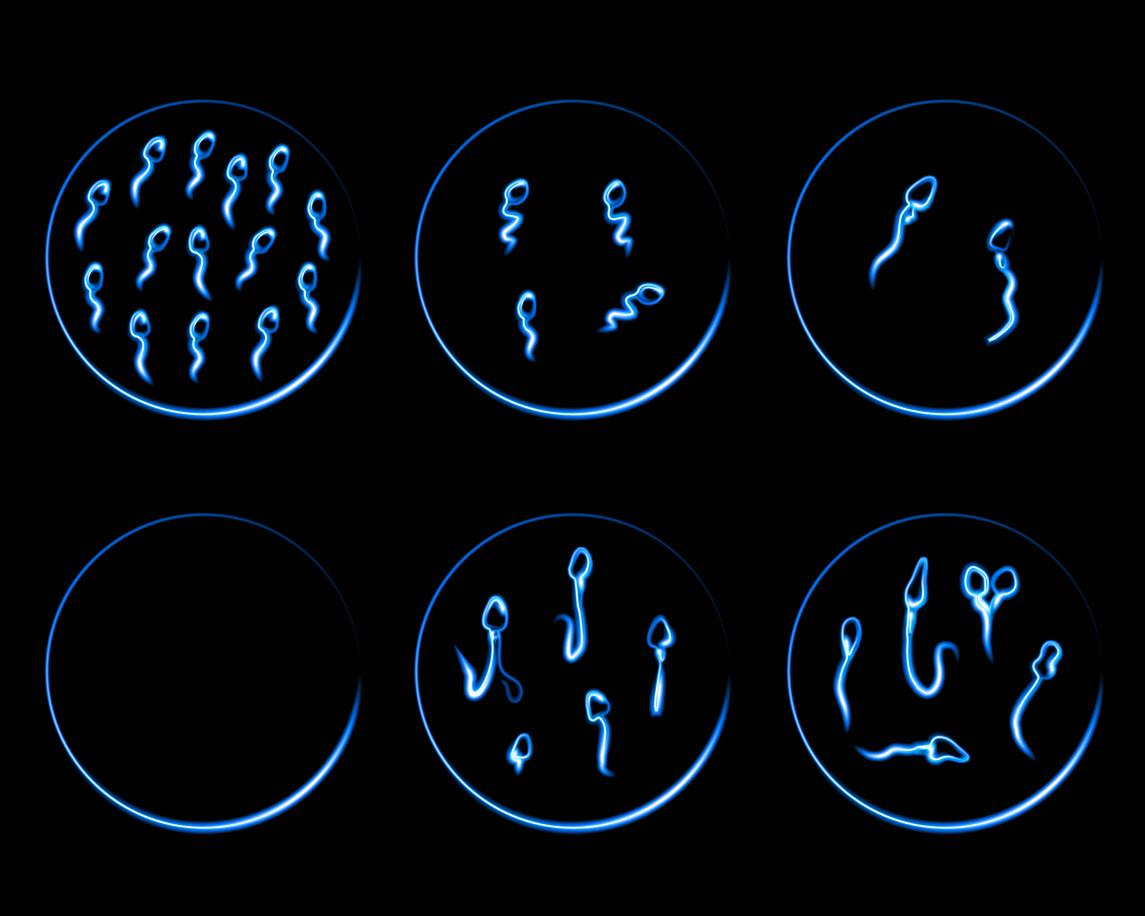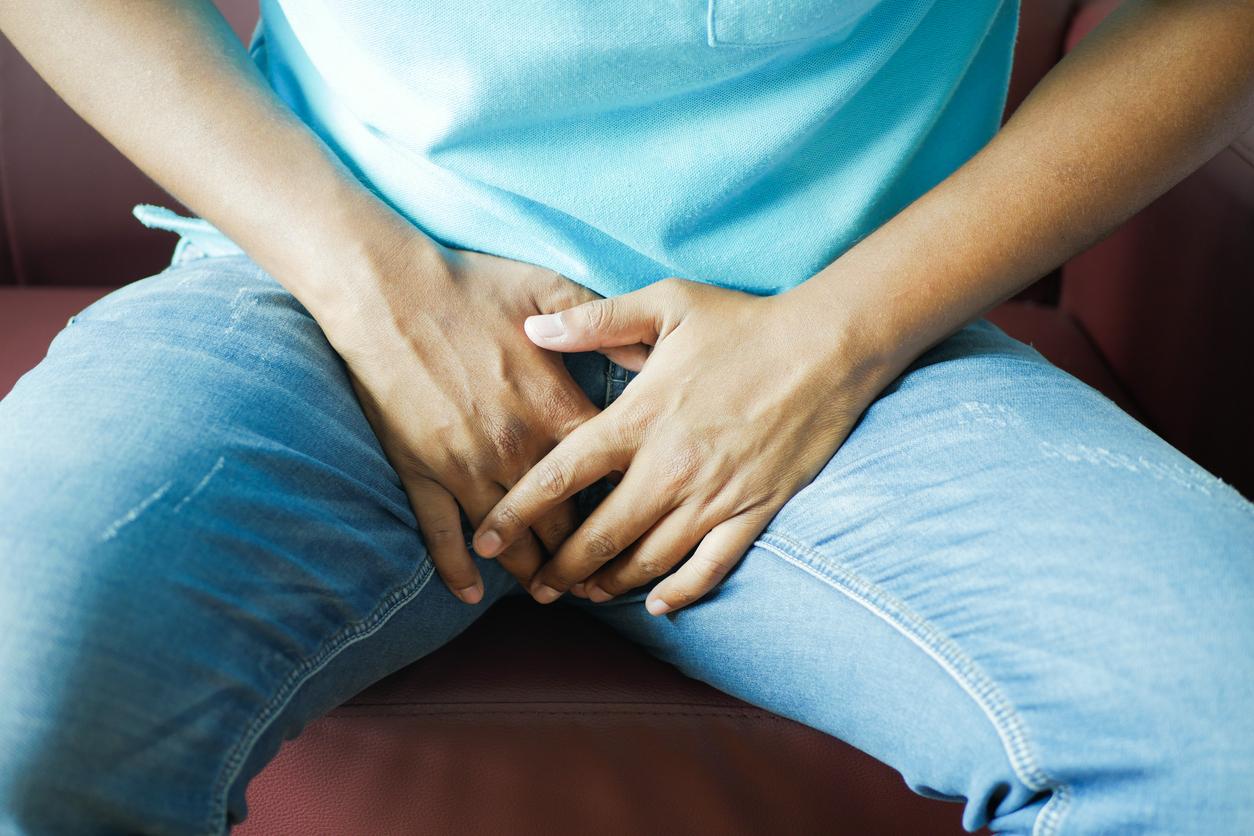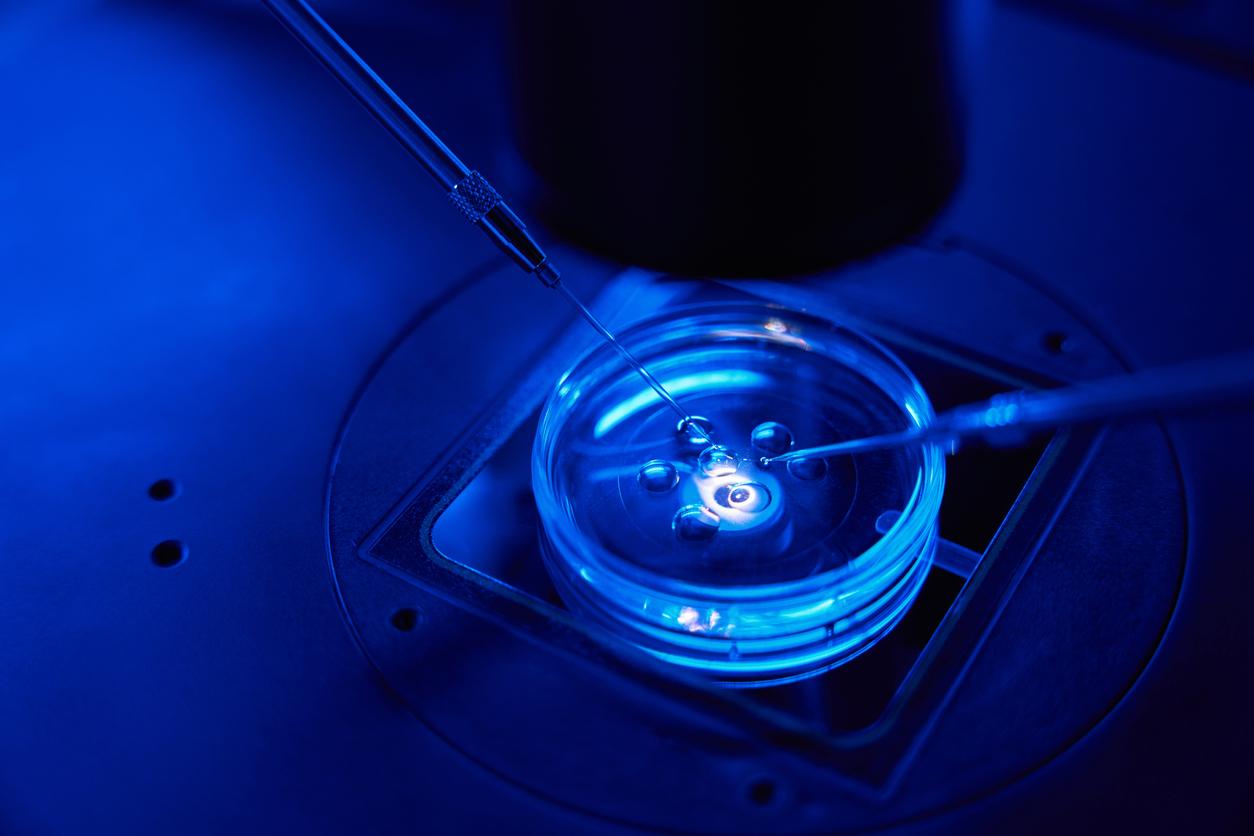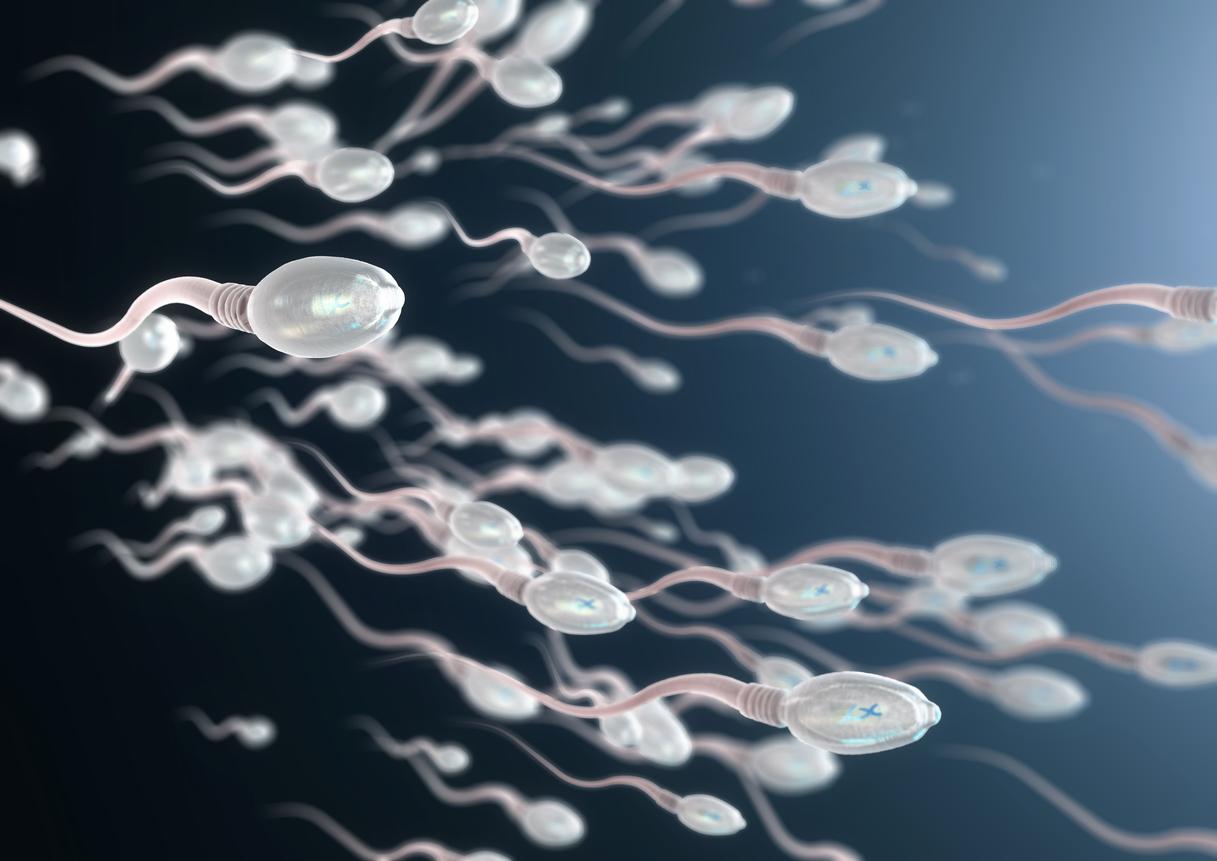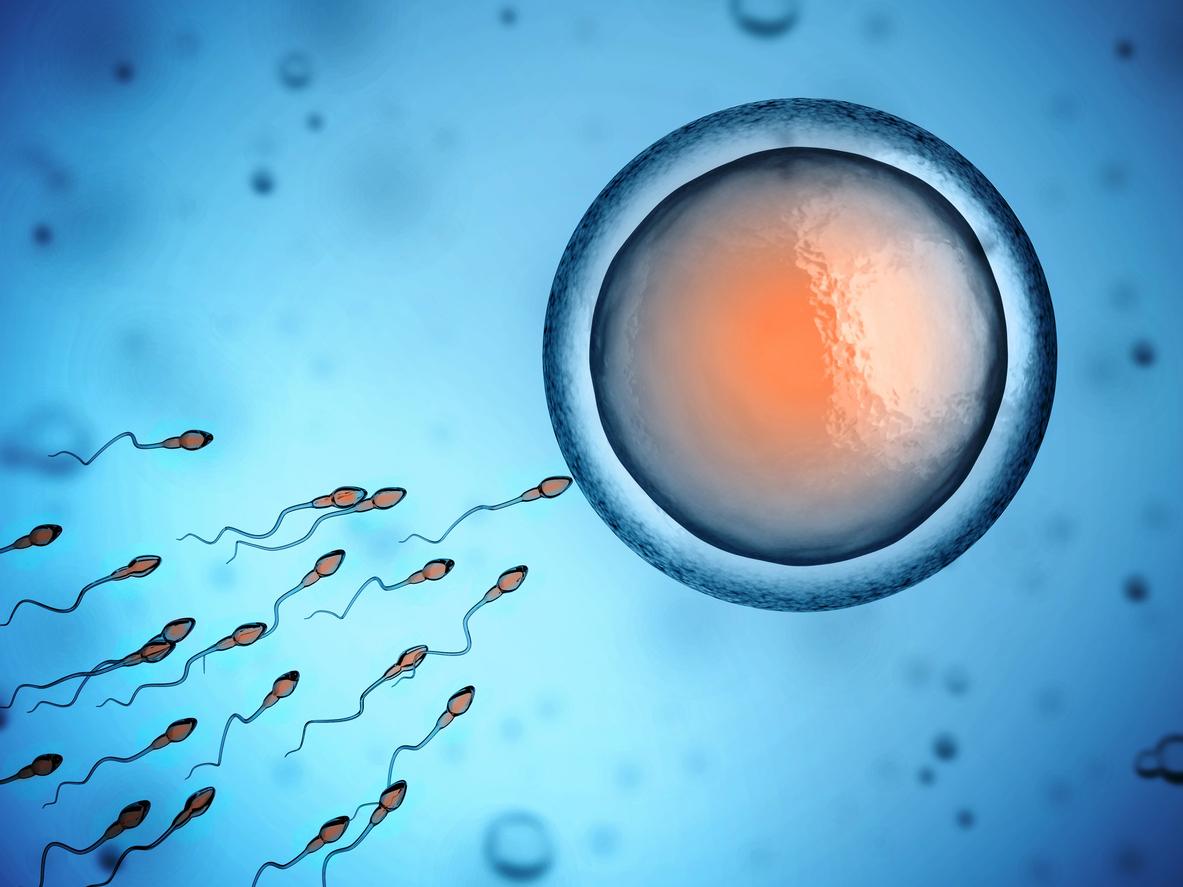Last year, according to the Biomedicine Agency, the number of gamete donors broke records in France.

- There are several medically assisted procreation techniques: artificial insemination, in vitro fertilization or embryo reception.
- In 2021, approximately 600 men donated their sperm and 900 women donated their eggs.
- Nearly 2,300 consultations were carried out last year for medically assisted procreation (MAP) with sperm donation by female couples and single women.
Last September, medically assisted procreation (PMA) was extended to all women. Clearly, since the adoption of the bioethics law at the end of June, all the medical techniques for having a child are offered to single or homosexual women. To cope with the increase in demand, the Biomedicine Agency had launched an awareness campaign to encourage gamete donations. This initiative has borne fruit because egg and sperm donations reached a record high in France in 2021, according to data collected by the authority from several centers.
Approximately 600 male donors and 900 female donors
“Nearly 600 men donated sperm in 2021. This is the highest recorded to date, with the highest level previously standing at 404 donors in 2017,” can we read in the press release from the Biomedicine Agency. Same observation on the side of egg donation. According to the data, nearly 900 women donated their eggs last year. This is also the highest level ever recorded, the last highest level recorded was 836 in 2019. The data concerning the number of gamete donations has been partly extrapolated because not all ART centers have done bump up their numbers.
An increase in assisted reproduction requests for all in 2021
With the extension of medically assisted procreation for all women, the demands were also on the rise. Nearly 6,800 new requests for first consultations from female couples and single women for medically assisted procreation (MAP) with sperm donation were recorded in 2021, of which 47% came from female couples. and 53% from single women, detailed the Biomedicine Agency. It is “more than double what we had anticipated after the first year of the law”, declared Olivier Véran on February 23.
.









